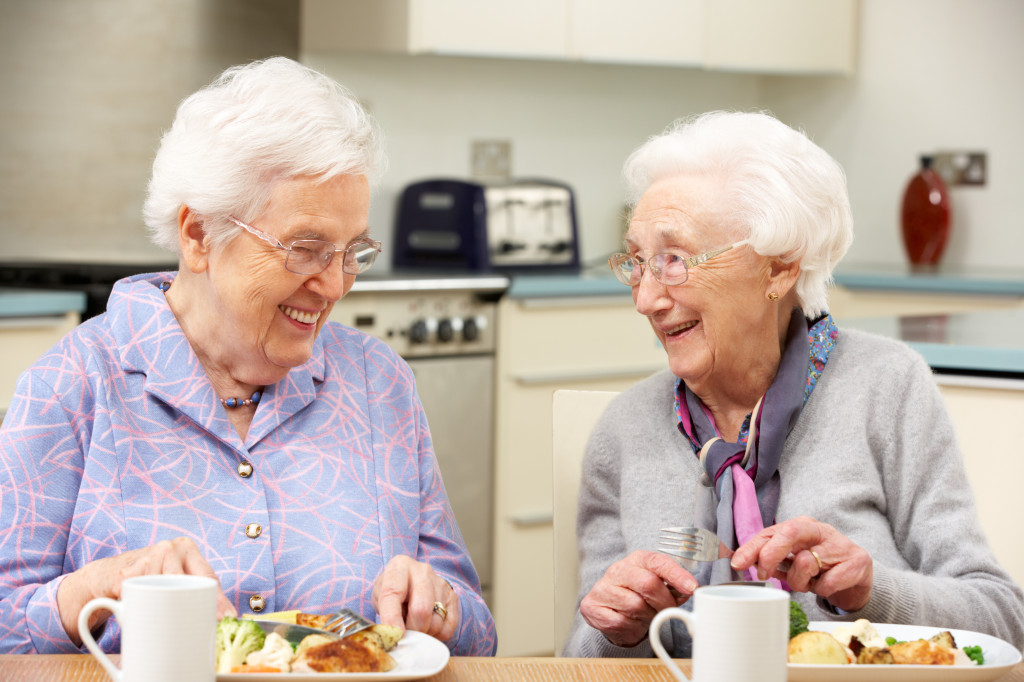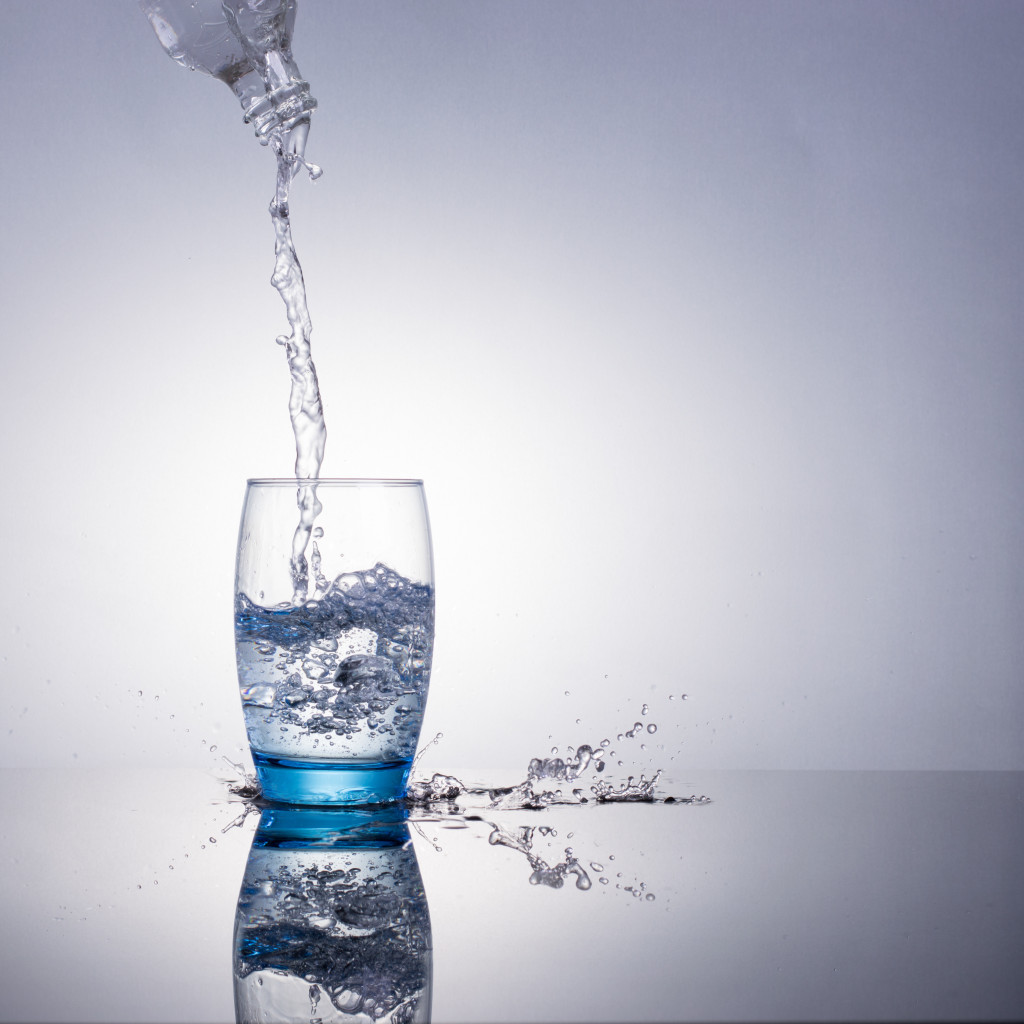Nutrition & Hydration
How Do Nutrition and Hydration Needs Change with Age?
Older adults do not burn as many calories as do younger people. People’s appetite and digestive process slows down. But that does not mean that older adults do not need a good diet. Dietary needs become more important with age. Older people need vitamins, minerals and proteins just like they did when younger. Because they need fewer calories, the choice of nutrient-rich foods is very important.
Nutrition
To get the proper nutrients each day, your diet should include all four food groups: Dairy, meat, fruits and vegetables, and grains!
Barriers to Good Nutrition Habits
Ill-fitting dentures, illness, lessening sense of taste and smell, and low activity levels decrease healthy eating. The environment is also a factor. Noisy, poorly lit dining areas, uncomfortable seating and similar stresses reduce appetite.
Food Choices Affect Weight
Eating well promotes energy, but too many of the wrong kinds of foods will cause weight gain or diseases such as Type 2 Diabetes and heart or joint problems.
According to the USDA, a woman over 50 who is not physically active needs about 1,600 calories each day. But if she is very active, she would need up to 2,200 calories each day. Men over 50 who are not physically active need about 2,000 calories and if physically active, up to 2,800 calories each day.
How Much Is On My Plate?
Here are some ways to see how much you are, or are not, eating!
Deck of cards = 3 ounces of meat or poultry
½ baseball = ½ cup of fruit, rice, pasta or ice cream
Baseball = 1 cup of salad greens
4 dice = 1 ½ ounces of cheese
Tip of your first finger = 1 teaspoon of butter
Ping pong ball = 2 tablespoons of peanut butter
Fist = 1 cup of flaked cereal or a baked potato
Compact disc or DVD = 1 pancake or tortilla
Hydration
Do Older Adults Have Hydration Problems?
Yes. Did you know that the human body is mostly made of water? Water is important to control body temperature, cell health and blood flow. As people age, our bodies lose moisture, but we may not feel thirsty. A lack of water will cause a dry, sticky mouth, muscle weakness, dry/loose skin, constipation, confusion, dizziness, dark urine, headache and tiredness.
If your doctor has not limited your fluids for heart or kidney disease, you should drink at least 1,500 cc of fluid per day, or about 6 ½ cups.
Even if you are incontinent you should keep drinking water. Try to drink water during the day, but not in the evening, so you will be dry overnight.
Increase Your Fiber!
If you are constipated, increase the fiber in your diet. Fiber rich foods include whole-grain breads and cereals, whole fruit, cooked dry beans. Leave the skins on your fruit and vegetables for added fiber. But add fiber slowly, because fiber increases gas!
Reduce Your Salt!
People with high blood pressure should reduce salt intake. You probably get all the salt you need in your regular diet. Try not to add salt when cooking or at the table. And, look for “low-sodium” products at the store.
St. Patrick’s Day is Tuesday, March 17…Top O’ The Morning to You!








Comments are closed.